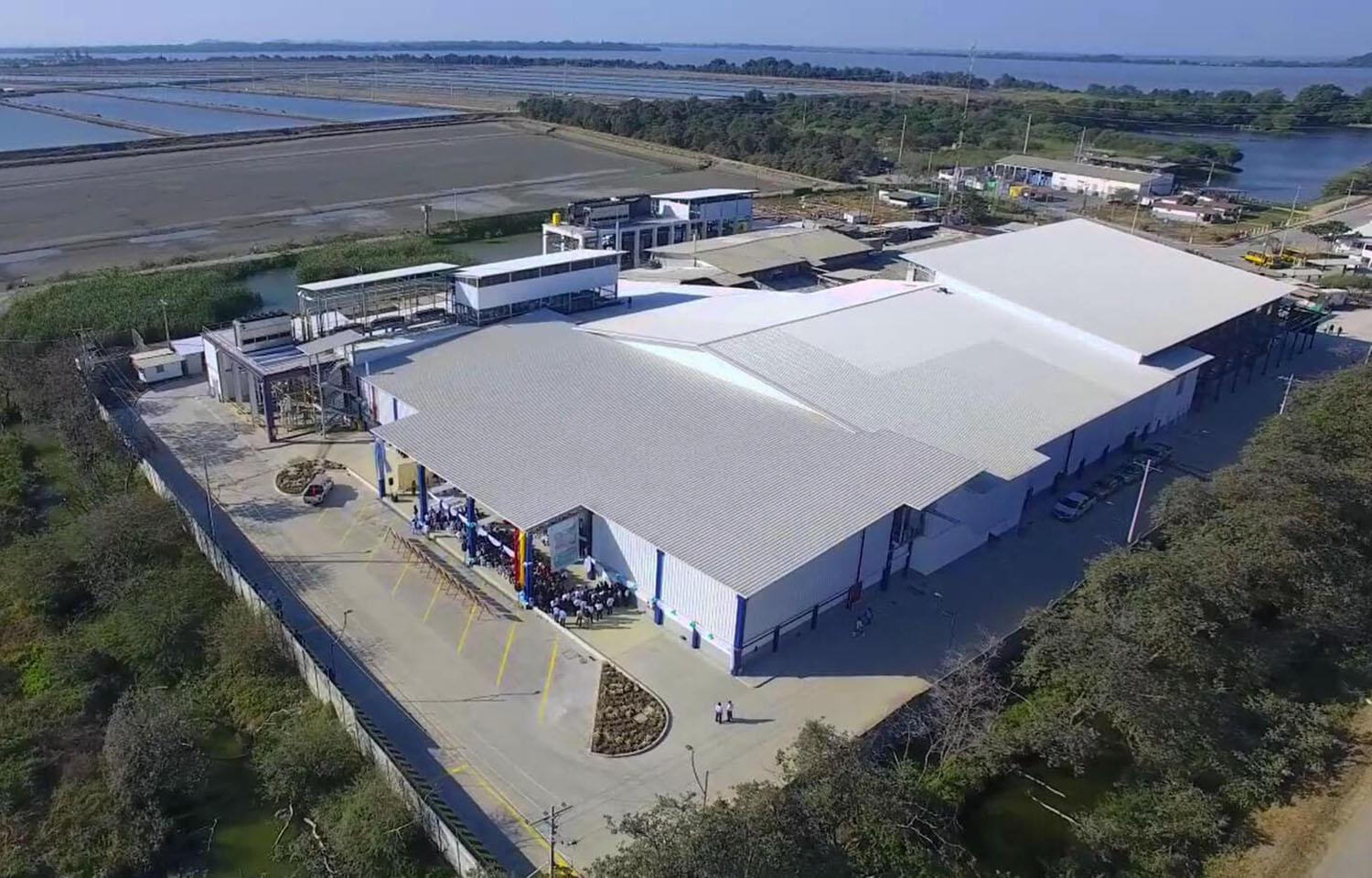The U.S. Department of Commerce (DOC) has unveiled its preliminary determinations on antidumping duties for Ecuador and Indonesia, with most companies in Ecuador facing an additional charge of over 10 percent.
The DOC launched the investigation in November 2023 in response to trade petitions filed by the American Shrimp Processors Association (ASPA), targeting India and Vietnam with countervailing duties and Ecuador and Indonesia with both countervailing and antidumping duties.
The DOC announced its preliminary determination on countervailing duties in March 2024, imposing a 7.5 percent duty on Ecuadorian companies, and on a company level, it hit Sociedad Nacional de Galapagos (SONGA) with a 1.69 percent duty and Industrial Pesquera Santa Priscila a duty of 13.41 percent. The DOC later updated its preliminary determination, reducing the duties significantly and revising Santa Priscila’s duty and the duty for the entire Ecuadorian shrimp industry to 2.89 percent. It also classified SONGA’s duty as “de minimis,” meaning no duty would be applied.
The preliminary investigation found Indonesia did not subsidize its shrimp industry enough to require countervailing duties.
As the DOC was investigating whether to apply countervailing duties – which the department applies if it finds an industry is given government subsidies that lend it an advantage over U.S. producers – it was also determining whether Indonesia and Ecuador qualify for an additional antidumping duty. “Dumping” refers to the practice of selling a product in the U.S. for less than that same product would cost in the respective country.
In a direct contrast to the countervailing duties, Santa Priscila was found to not be engaging in dumping on a level significant enough to be liable for antidumping duties. SONGA, however, was hit with a 10.58 percent dumping margin and cast deposit rate.
The rest of Ecuador’s shrimp industry was also hit with a 10.58 percent dumping margin and a 10.18 percent cash deposit rate. Combined with the countervailing duties, Ecuador’s shrimp industry – aside from the two named companies – now faces a 13.47 percent duty on all shrimp exports to the U.S.
Public records posted by the DOC to U.S. trade repository database ACCESS indicate the ASPA has continued to push the DOC to reexamine Santa Priscila’s reporting on its shrimp exports and sales to add antidumping duties, as well. The association claims the company “misreported its home market sales volume” in an attempt to manipulate the department – an argument that Trade Pacific, which is representing the company, denied completely.
“Their arguments depend on their interpretation of Santa Priscila's accounting records, suggesting, quite nonsensically, that they are in a better position to explain what is recorded in Santa Priscila's accounting records than Santa Priscila itself – with the hope that the department will adopt their proposed outcome notwithstanding the robust body of evidence that Santa Priscila has put forth in this investigation,” Trade Pacific wrote.
According to Trade Pacific and Santa Priscila, the small size of Ecuador’s domestic shrimp market makes it non-viable compared to the much larger U.S. market.
For the rest of the industry, Ecuador National Chamber of Aquaculture (CNA) President José Antonio Camposano said his group is awaiting further documentation to appeal the decision – with the goal of reducing the antidumping duties in a similar fashion to the earlier countervailing duties.
“We definitely do not agree with what has been determined, and we are waiting to know the information,” Camposano told El Universo.
The DOC’s preliminary determination for Indonesia is similar to its findings on Ecuador, in that one company managed to avoid any additional duty while the rest of the industry did not. PT Bahari Makmur Sejati was given no duty after the investigation, while PT Khom Foods was dealt a 6.3 percent dumping margin, along with the rest of the Indonesian shrimp industry.
Once the two preliminary determinations are posted to the Federal Register, companies subject to an antidumping duty have to begin placing cash deposits with U.S. Customs and Border Protection equal to the rates determined by the DOC.
The Southern Shrimp Alliance, advocating on behalf of U.S. shrimpers, who saw prices drop to near historic lows in 2023, has been leading an effort to have the U.S. government perform more inspections of shrimp imports and impose stiffer penalties against importers found to be breaking rules.
A supporter, U.S. Senator Bill Cassidy (R-Louisiana), recently requested the DOC use its power to fully investigate Ecuador's and Indonesia’s shrimp exports to help Louisiana’s wild-caught shrimp industry.
"[The DOC's] actions will determine whether our industry has a fair chance to compete or whether livelihoods will disappear,” Cassidy wrote. “Thousands of Louisianans depend on the shrimp industry for their livelihoods. Unfortunately, that industry is currently struggling to survive in the face of massive volumes of low-priced imports.”








